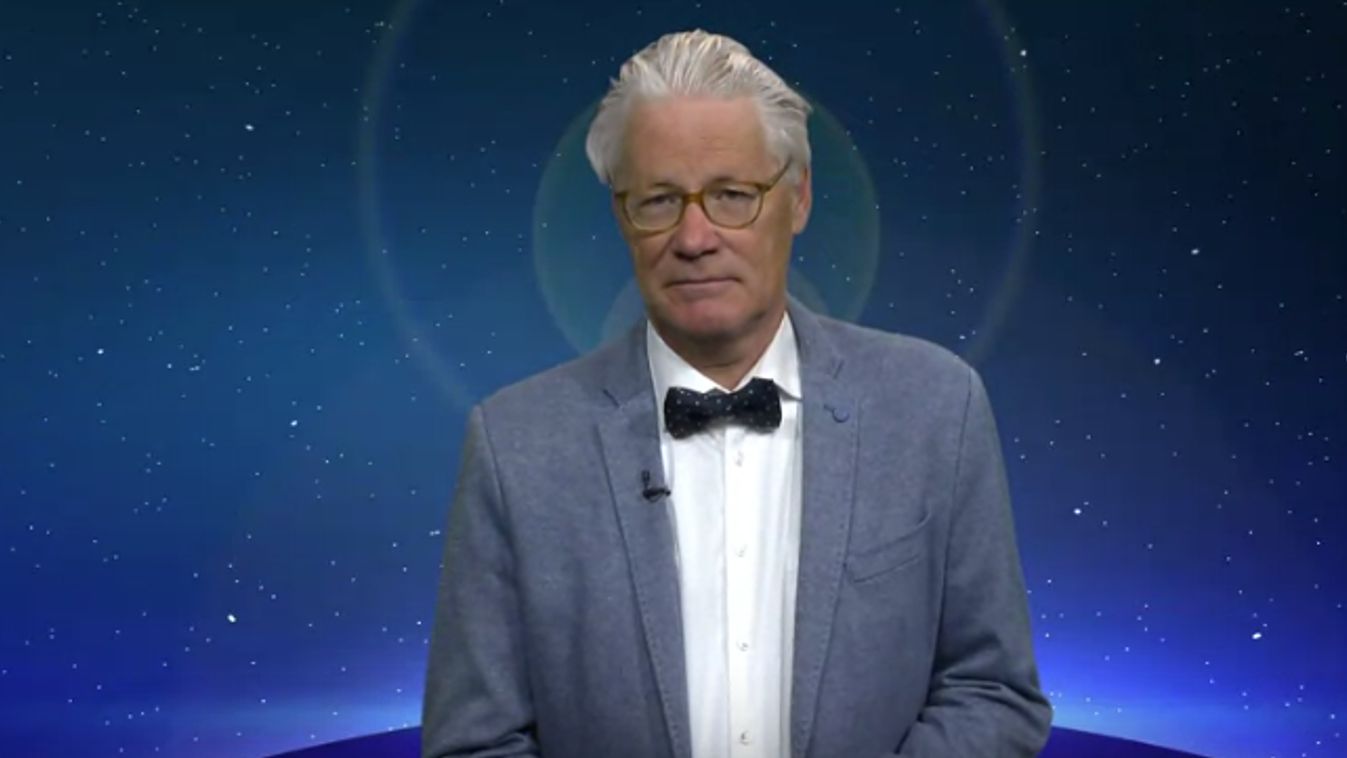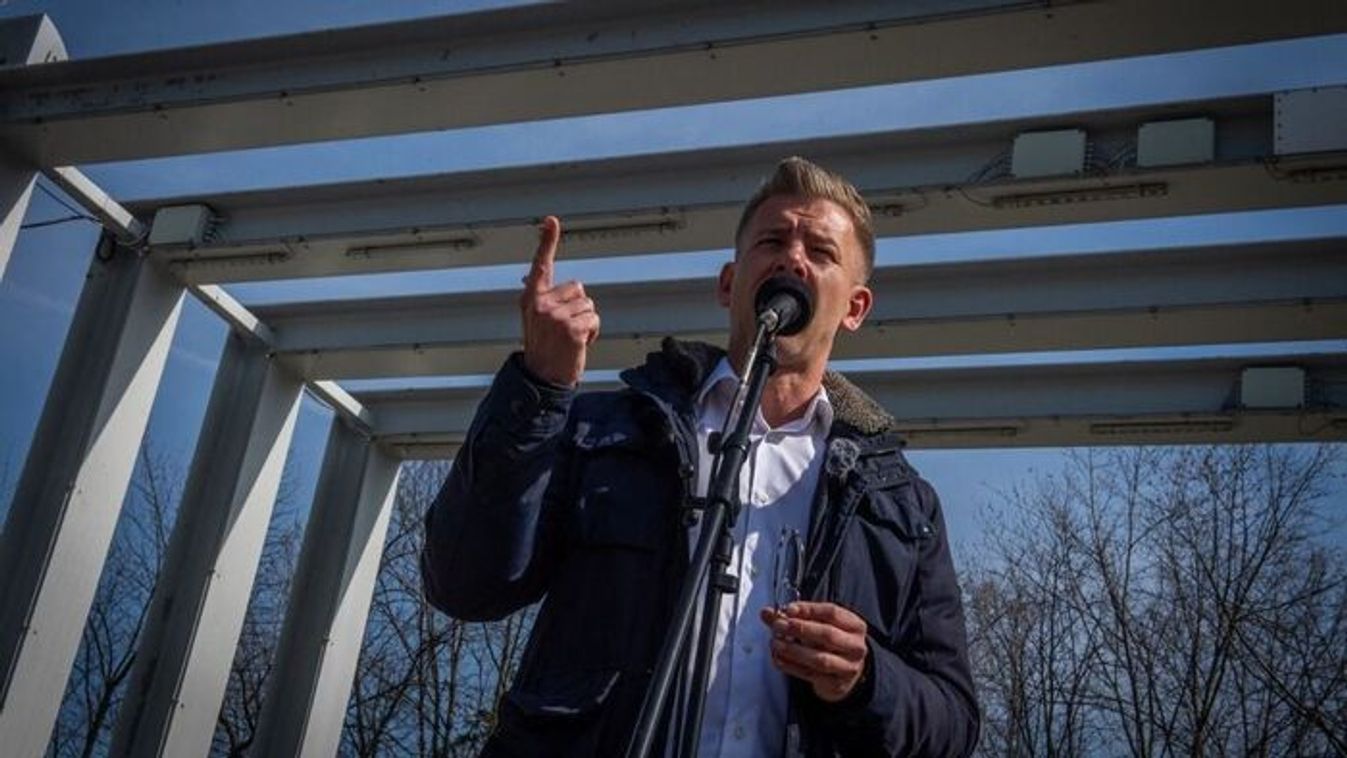Itt a legfrissebb közvélemény-kutatás: így áll most a Fidesz és a Tisza Párt

Továbbra is zajlik a közvélemény-kutatások „háborúja”, utánajártunk, mekkora a valós különbség a Fidesz és a Tisza között.

Globalization and deglobalization come in alternating waves phases of strong globalization carry the seeds of their destruction, that is: such phases generate the forces that ultimately set limits and force a retreat of internationalization – Peter A.G. van Bergeijk pointed, professor at the International Institute of Social Studies of Erasmus University out in a conversation with Lénárd Sándor.

In your recently published book, you aim to explore the dilemma of “pandemic economics”. What did or should the world have learnt from those pandemics in terms of economic policies?

The problem with the medical and economic policy response is that both have been over the top. COVID-19 is like any pandemic serious, but it is also a mild pandemic and we have reacted too strong.
This is the first time in history that whole sections of the economy were closed world-wide.
I expect that future research will also show the hidden costs of the top priority that we assigned to COVID-19 and of lockdowns. Patients with other diseases and the global poor are the hidden victims of these exceptional policies. From previous epidemic outbursts we should have learned that we have to accept fatalities to some extent and that the dynamics of a market economy provide a good recipe against the fallout of a pandemic.
Despite the experiences of the past, the coronavirus pandemic hit the world including the international economic institutions quite unprepared. What in your view are the major lessons learnt?
The basic lesson for me is that humanity has a natural tendency to ignore real risks. Our species suffers from disaster myopia (‘we do not see or believe that the event is coming’) and cognitive dissonance (‘we do not understand or are unable to combine the available sets of information’). Experts were convinced that the next pandemic was a certainty; only its timing was uncertain. It was also clear that the world was unprepared – in 2019 the WHO surveyed the pandemic influenza preparedness of 194 member states and reported that only 42 had an up to date contingency plan.
Mainstream economics ignored a risk category for a natural disaster in the making and was overwhelmed by the pandemic.
The IMF’s Chief economist is on record for admitting “None of us had a meaningful sense of what it would look like on the ground and what it would mean for the economy”, which is strange in view of recent experiences with HIV/Aids and Ebola. The major lesson is that we need to prepare for the next pandemic and the best way to do that is to make significant progress with the UN’s Sustainable Development Goals.
You explored the dilemma of the limits of economic globalization in your previous book, “Deglobalization 2.0.”What are these limits in your view?
Globalization and deglobalization come in alternating waves phases of strong globalization carry the seeds of their destruction, that is: such phases generate the forces that ultimately set limits and force a retreat of internationalization. A first mechanism, that operates in national economies, is that redistributing the gains from further openness to the people who lost from globalization becomes more difficult at higher levels of globalization. A second mechanism operates in the international arena, when the leading power of the time (the hegemon) deserts the rules of the game that underpinned globalization and were actually designed by its interest in an open trade and investment climate. In the early phase of globalization a smaller share from a larger economic pie may still be an improvement.
At some point the costs of being a hegemon, however, outweigh the benefits.
It is ironic, but sad, that the United States and the United Kingdom (the hegemons that helped to build a constellation in which trade, democracy and peace were reinforcing aspects of the world order) spoiled global and European governance under Donald Trump and Boris Johnson.
The outbreak of the coronavirus pandemic brought to the surface the recent trend whereby global supply chains are increasingly exposed to various shocks from cyber attacks to the recent Suez crises. This also reveals the weaknesses of outsourced productions that are primary seeking low labor cost and lax regulations. What shifts might this trend generate in globalization as well as in the operations of global supply chains in your view?
I am not so sure about that diagnosis. I am always very much impressed by the resilience of international value chains. Remarkably the recovery of world merchandise trade took only 10 months during the COVID-19 crisis, in 2008 during the financial crisis that was 22 months and in the 1930s recovery had not occurred 9 years after the outbreak of the Great Depression world trade had still not recovered. My view is that international value chains based on long run mutual beneficial relationships are a cushion against shocks. Of course, business strategies will be adjusted for the risk of disturbance, but that could be more efficiently achieved by diversification of suppliers and markets.
How do you see the position of the European Union in a time when global companies increasingly consider “reshoring” and “nearshoring”. What economic policy could or should the European integration pursue to harness the current trend of realignment? How can the Central-European countries become regional centers of realigned supply chains?
One of the problems is that the EU currently seems to be returning to mercantilist thinking. It is old wine in new bottles: import substitution, industrial policy and protectionism under the umbrella of what is now being re-labelled as strategic autonomy.
The EU is a trading hub and its attractiveness depends on the openness of its internal market
and the flexibility and innovativeness of its enterprises. My home country, The Netherlands, is refocusing from traditional trading partners towards the new markets in Asia and Africa – and with success, not because that is the government’s policy but because businessmen see opportunities. Going the Dutch way is also attractive for Central Europe: do not be afraid for the risk of international trade and investment but be open to the opportunities.
How could or should the European Union form its external trade and investment relationships to help its Members States strive? What reform would you envision?
The most important issue is that Europe needs to maintain a good working relationship with the new hegemon China and the United States. This will not be easy because both superpowers will use their soft power to put pressure on politicians and firms in Europe. The basic lesson is that individual European countries do not have the cloud to stand up and sail an independent course. A common EU trade and investment policy is more necessary than ever.
While economic globalizations is somewhat slowing down, information globalization along with emerging technologies are on the rise opening up new business opportunities. How in your view do new digital technologies influence global supply chains? What are the impacts of platform-based business model like the Amazon has on supply chains?
One of the big benefits of the COVID-19 pandemic has been that we have learnt overnight to reduce our dependence on physical travel and brick and mortar workplaces and shopping – a process that could in normal times easily have taken years.
This is one of the real revolutions of our times and it will have a very significant impact on how we work and consume.
It is difficult to predict where we will go from here, but it is clear that the world has set course on a new and challenging path..